From Milk to Meals: A Journey of Growth this World Milk Day
Every year on World Milk Day, we take time to reflect on the nurturing and often unseen work that goes into raising orphaned elephants. Milk represents far more than nutrition. It symbolises hope, healing and the beginning of a new life for calves who have lost everything.
This year, World Milk Day holds a particularly special meaning for us. For the first time in many years, we do not have any elephants on milk. This is a milestone for the HERD family, and one we are celebrating with full hearts.
Two special youngsters, Khanyisa and Timisa, have both been weaned. They have moved from bottles to buckets, and from milk to meals. It is a sign of their growth, resilience and the care that surrounds them each day.
Why Milk Matters
For a newborn elephant, milk is essential from the very first moments of life. Calves must get to their feet quickly after birth to suckle from their mother, gaining not only energy and warmth, but also vital colostrum. This early milk is rich in antibodies and growth hormones, helping to build a strong immune system and give the calf a healthy start.
Elephant calves will continue to drink milk for around four to five years, gradually weaning as their bodies develop and they begin grazing more. For our orphans, this process must be mimicked by carers using specially formulated milk bottles. The formula is regularly adjusted to suit each calf’s unique needs, with added oils, proteins and nutrients to match the changing properties of natural elephant milk.
Feeding is also a deeply emotional process. As calves drink, they often touch the carers with their trunks, seeking comfort and connection, much like they would with their mothers. This helps build trust and reassurance during what is often a very vulnerable time for the orphan.
A well-balanced milk formula supports healthy growth, energy, digestion and emotional well-being. At HERD, milk is not just sustenance, but an essential part of the journey from fragile to flourishing.
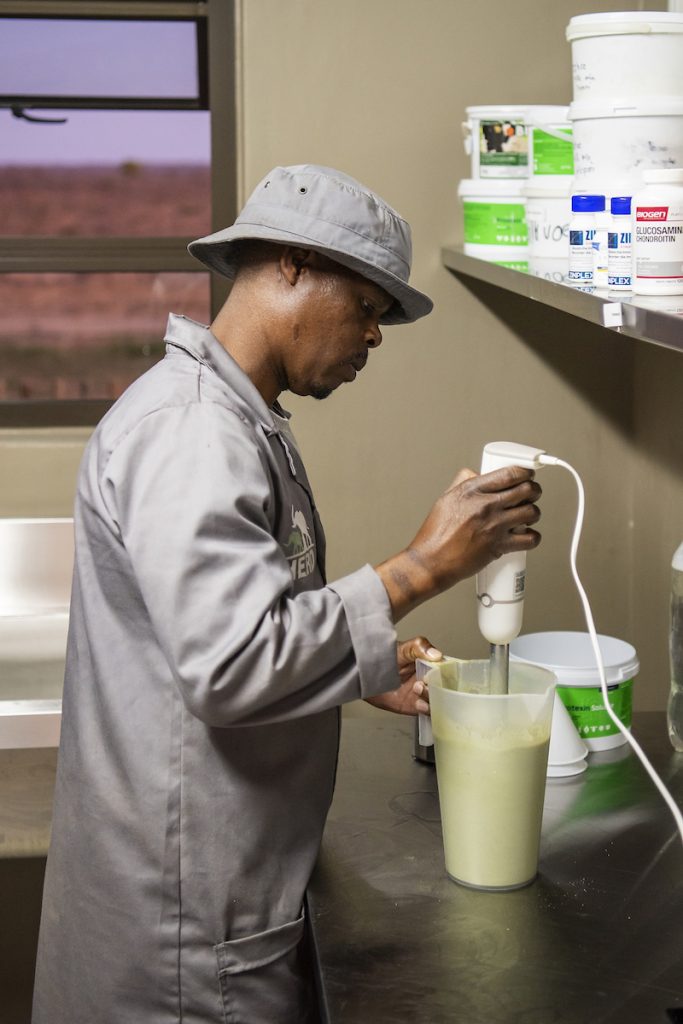
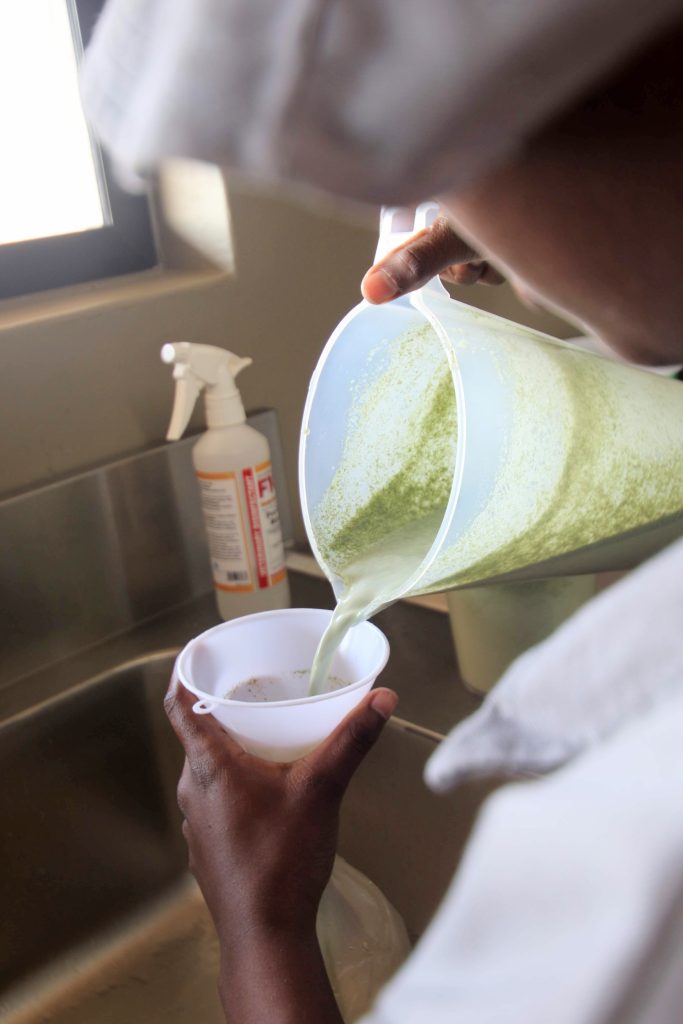
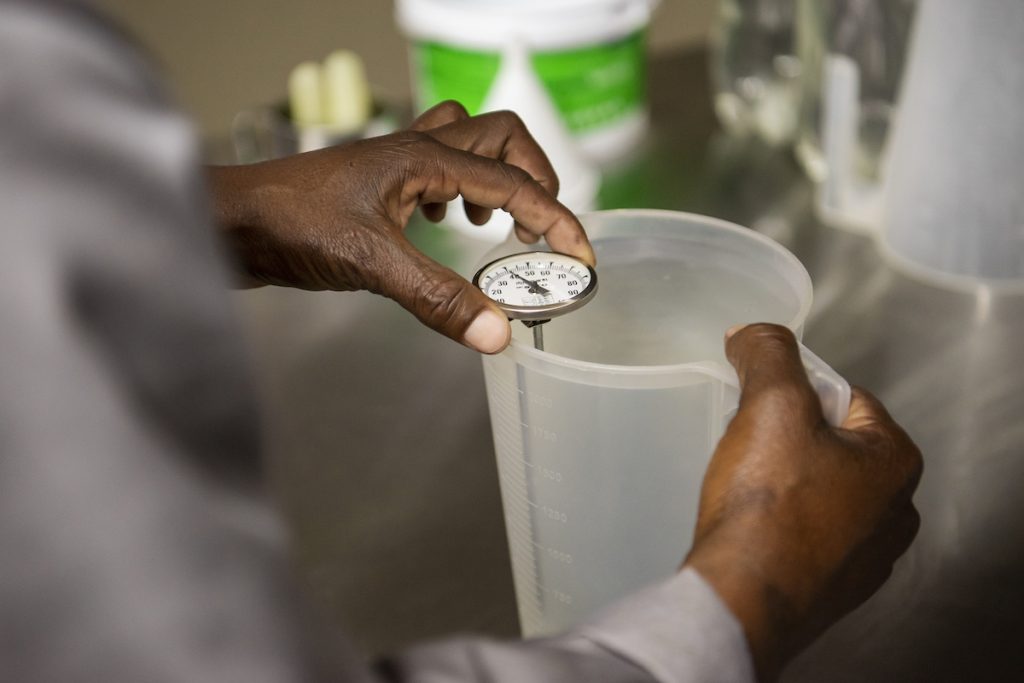
Khanyisa’s Path to Strength
Khanyisa was rescued in January 2020. She was just four months old and in critical condition after being trapped in a snare. The wire had torn through her cheeks, ears and mouth. She was painfully thin and very weak, but she had a strong little spirit that never gave up.
With around-the-clock care, including regular milk feeds, Khanyisa began to recover. She bonded closely with her human carers, and eventually, with the elephants in the Jabulani herd. Lundi became her adoptive mother, and she was surrounded by nurturing allomothers and companions. In 2022, she stopped needing milk at night. And by January 2024, at five years old, she was fully weaned.
Today, Khanyisa is full of energy, curiosity and life.
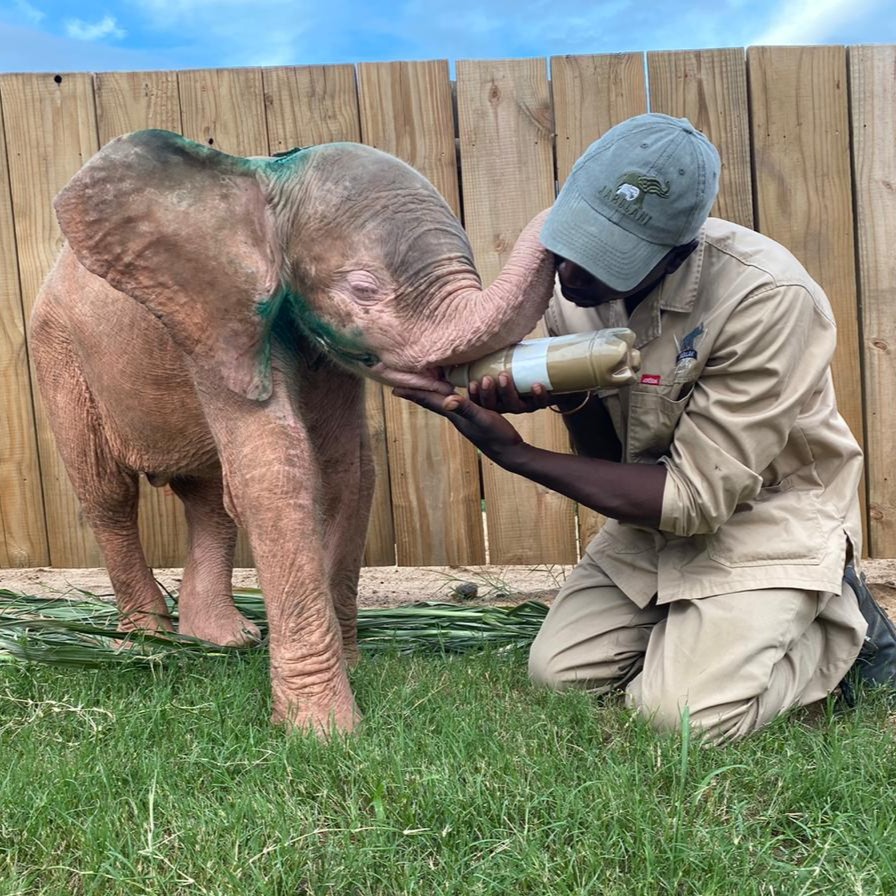
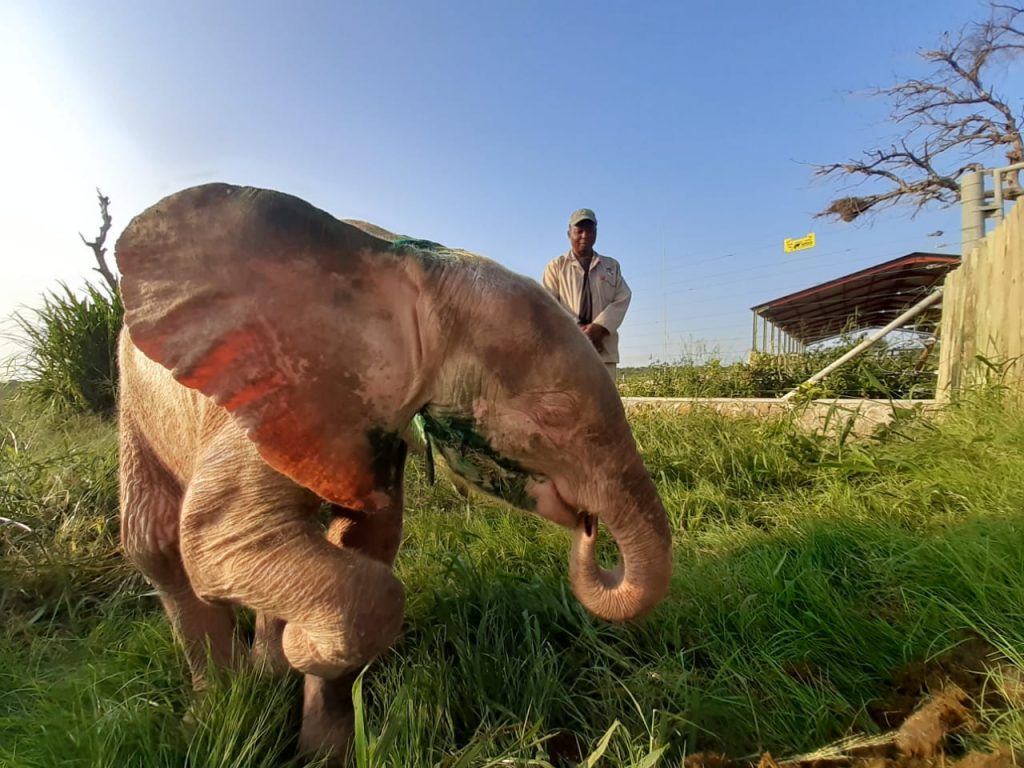
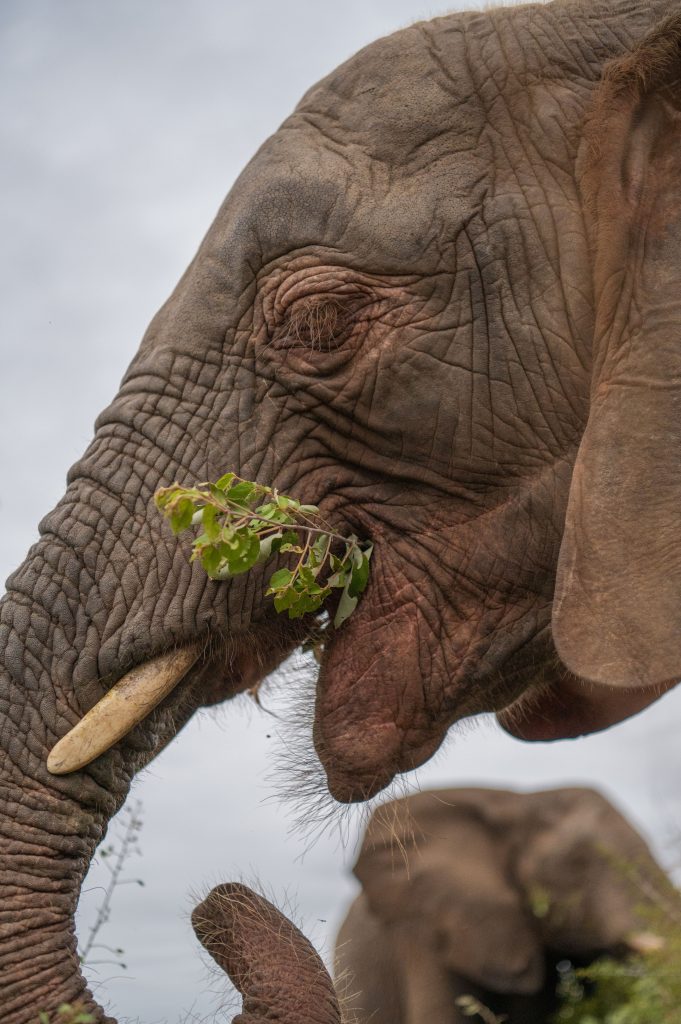
Timisa’s Unique Healing Journey
Timisa was rescued in 2016 after her mother died during a severe drought. She was about 18 months old and very thin when she arrived at HERD. She was one of our earliest rescues, and she needed both milk and care to help her regain her strength.
From the start, Timisa showed determination. She preferred her milk in a bucket filled with pellets rather than from a bottle, a choice that reflected her independent nature. She quickly found a place in the Jabulani herd, with Fishan and Tokwe showing her early acceptance and support.
Now, at 10 years old, Timisa is no longer on milk and continues to grow into a calm, quirky young elephant.
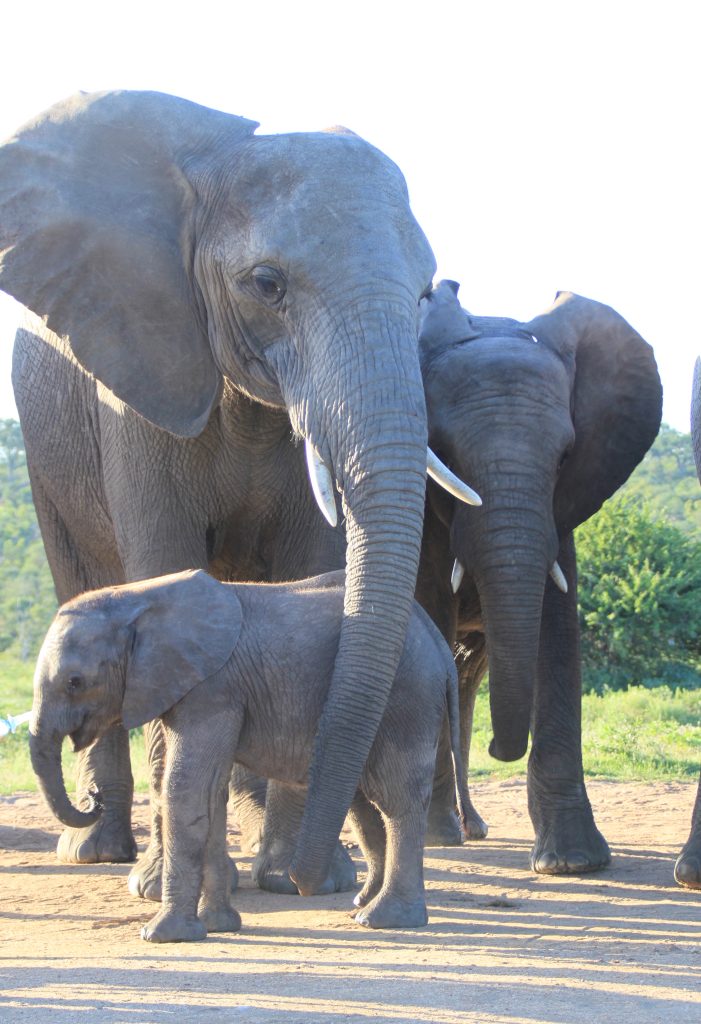
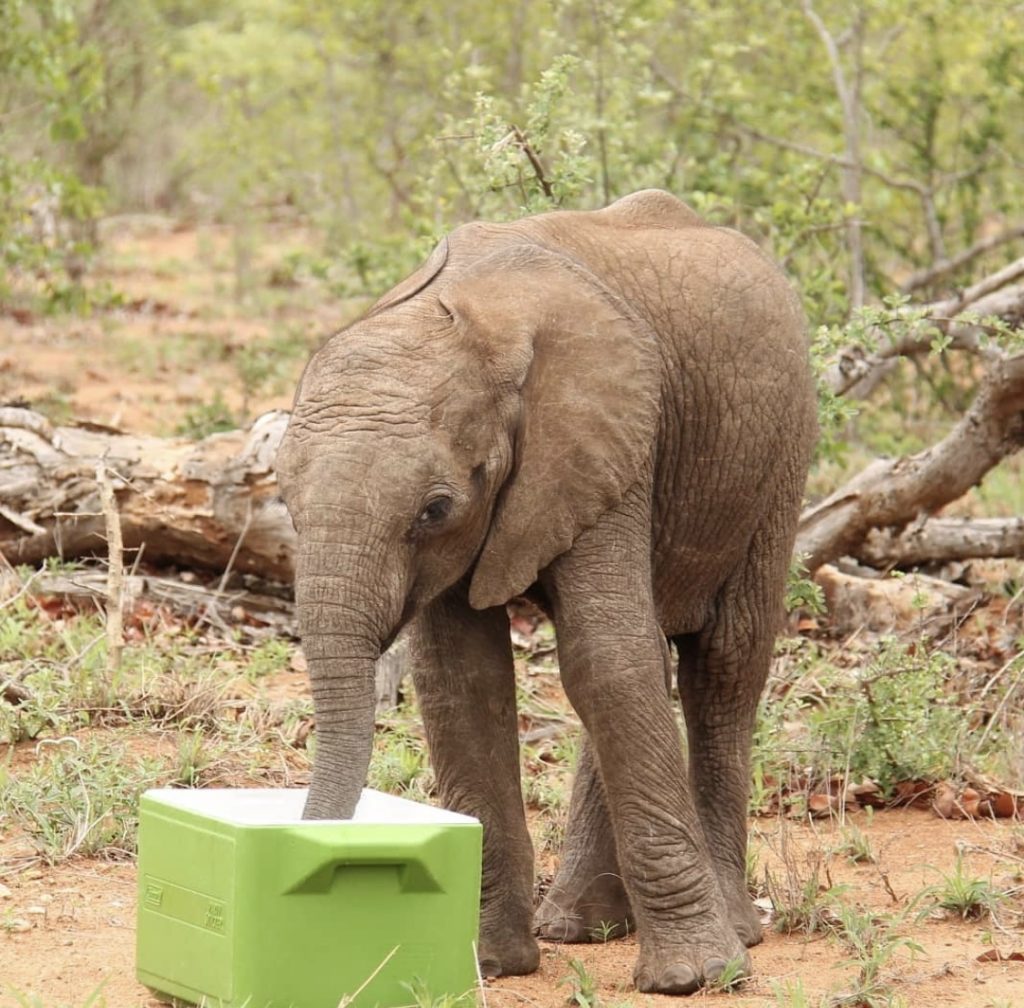
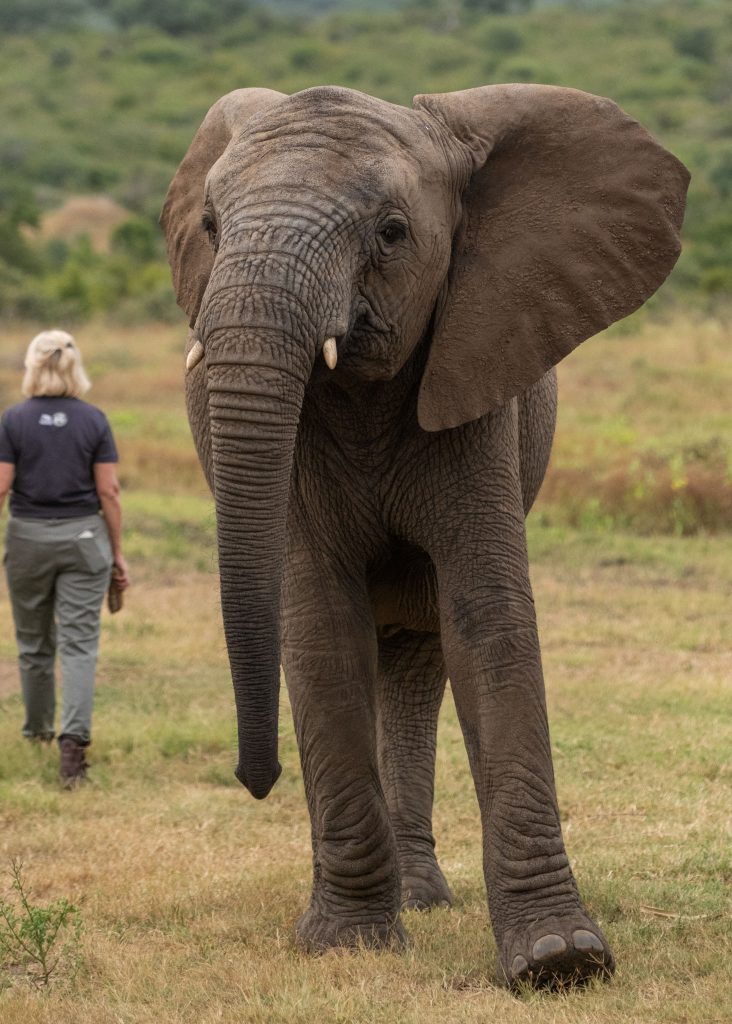
What Happens After Weaning
Once elephants are weaned off milk, they still need nutritional support, especially during the colder months when food sources in the bushveld become less abundant. At HERD, we prepare daily buckets filled with cut sweet potatoes and apples. These help boost their immune systems and energy levels while supporting their continued development.
These nutritious meals are a small but important part of each elephant’s journey after milk. They are also an opportunity for us to continue connecting with our supporters, who often choose to sponsor these treats through our wishlist.
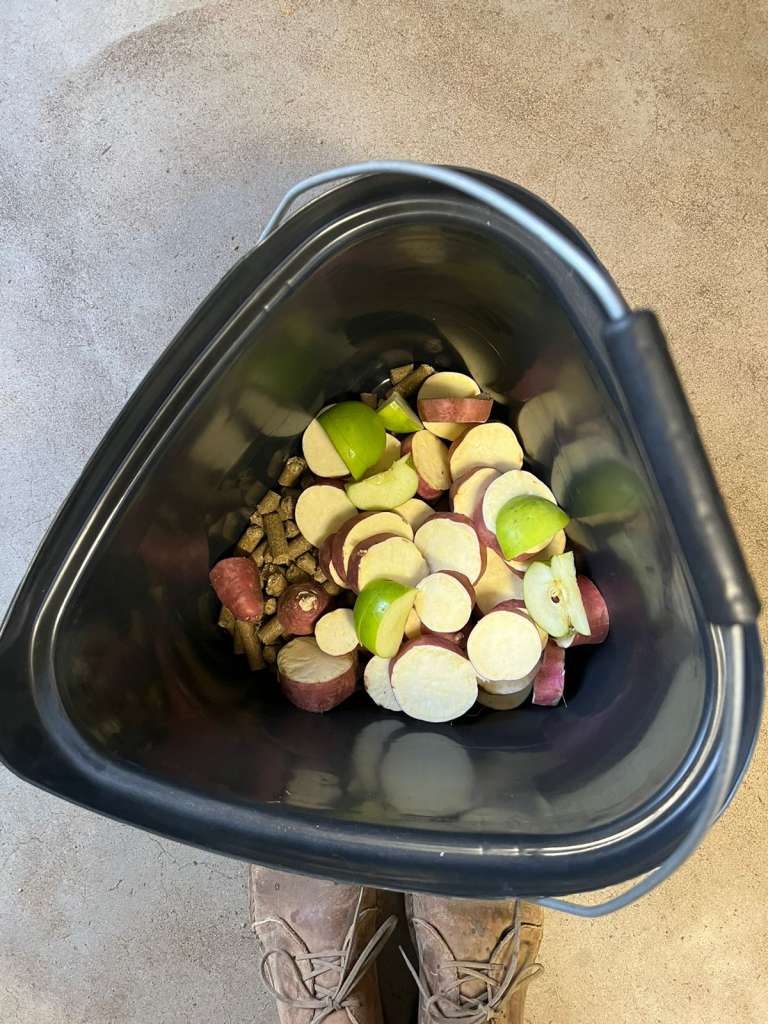
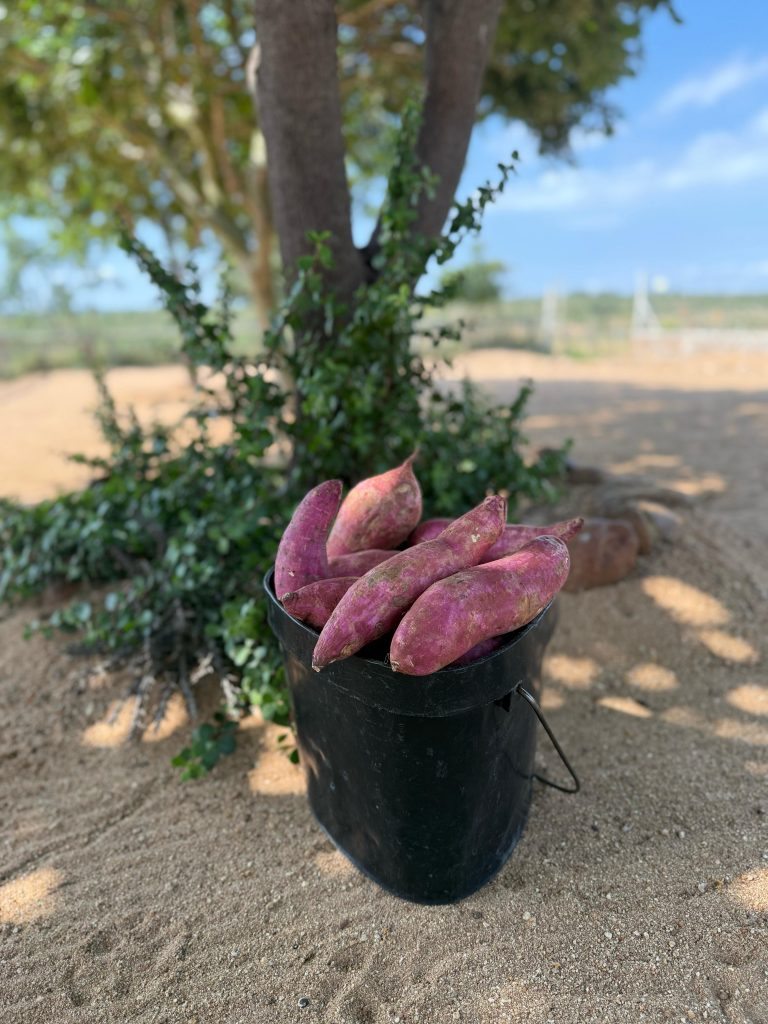
How You Can Help
This World Milk Day, we are not asking for formula milk. Instead, we are asking for sweet potatoes and apples. We are asking for the things that help our orphans thrive after the bottle stage.
You can support Khanyisa and Timisa this winter by donating from our wishlist. Your gift, no matter the size, plays a direct role in helping the youngsters of the herd stay healthy and strong.
From their first bottle to their first steps without milk, your support has helped guide them forward. Thank you for walking this path with us.

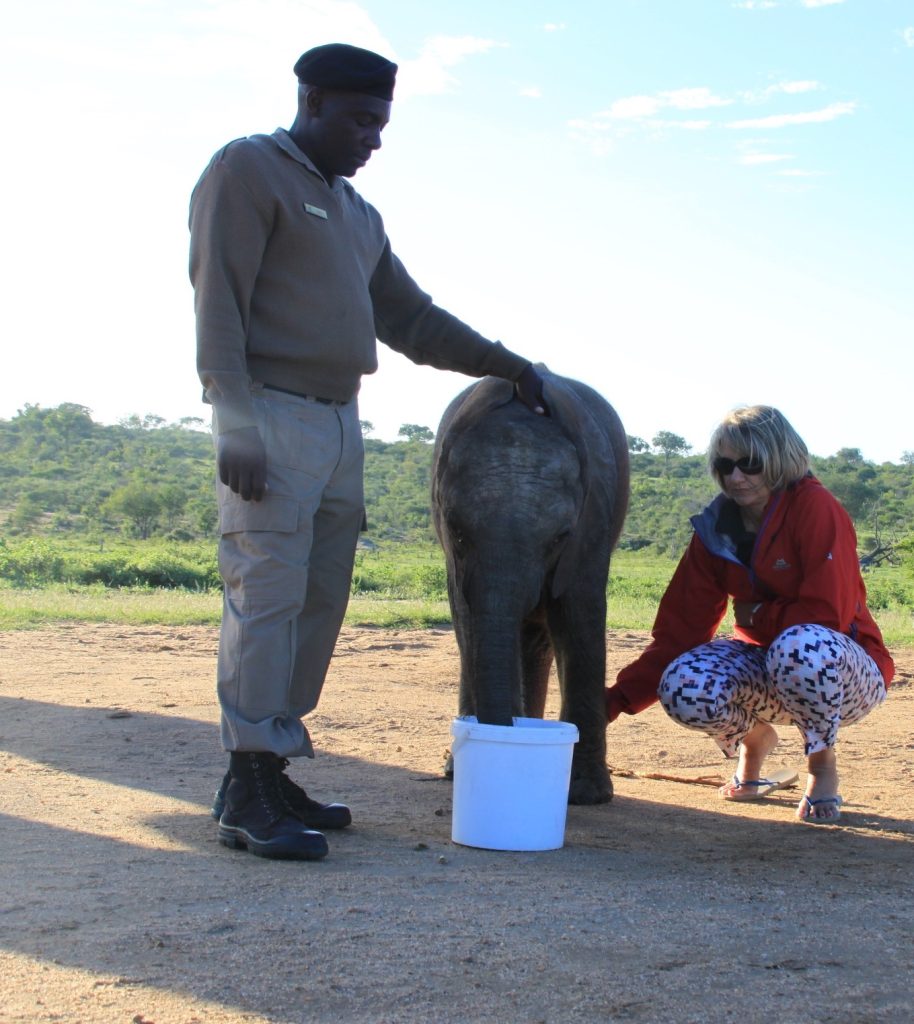
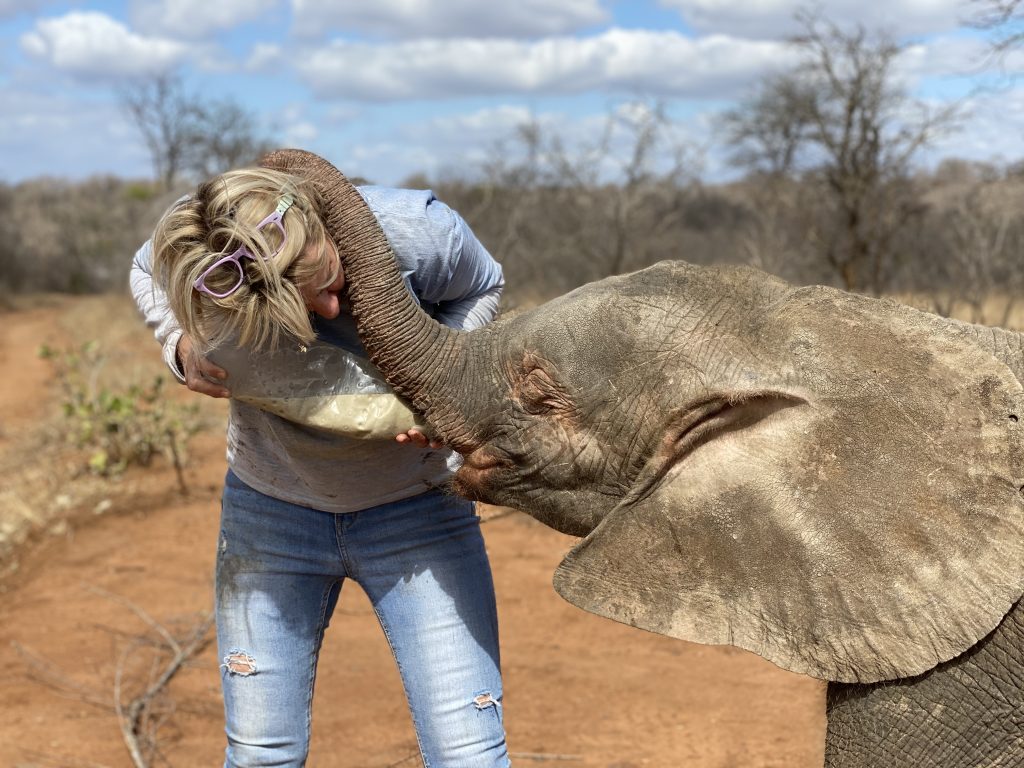
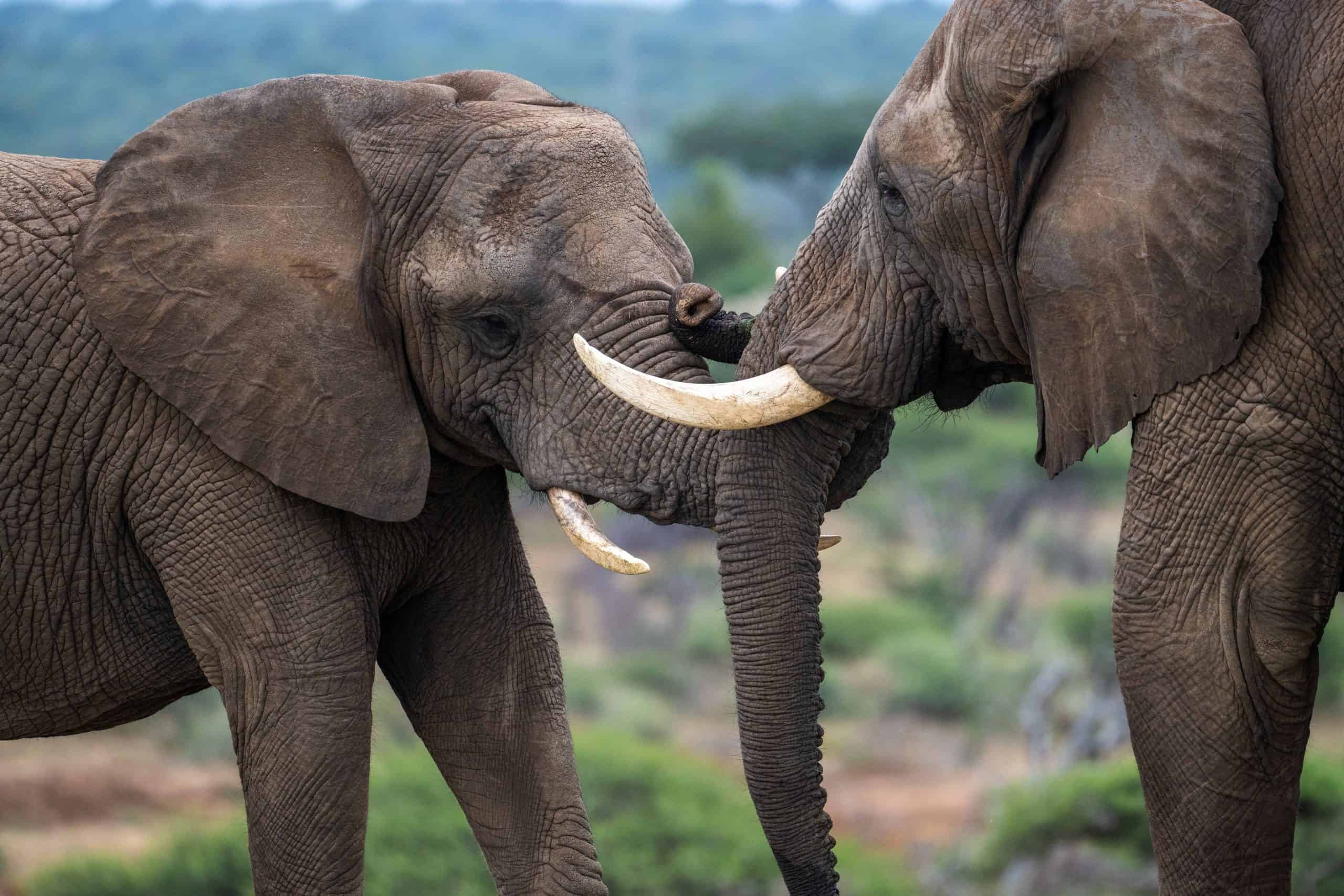
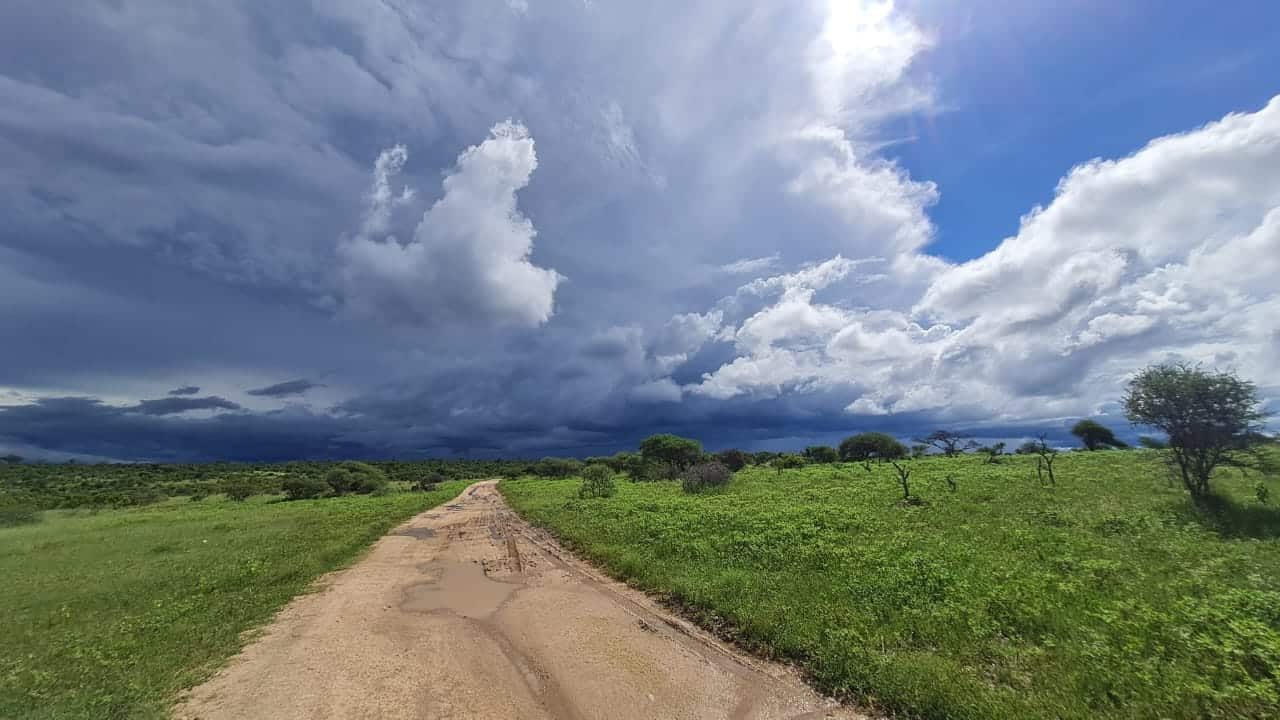
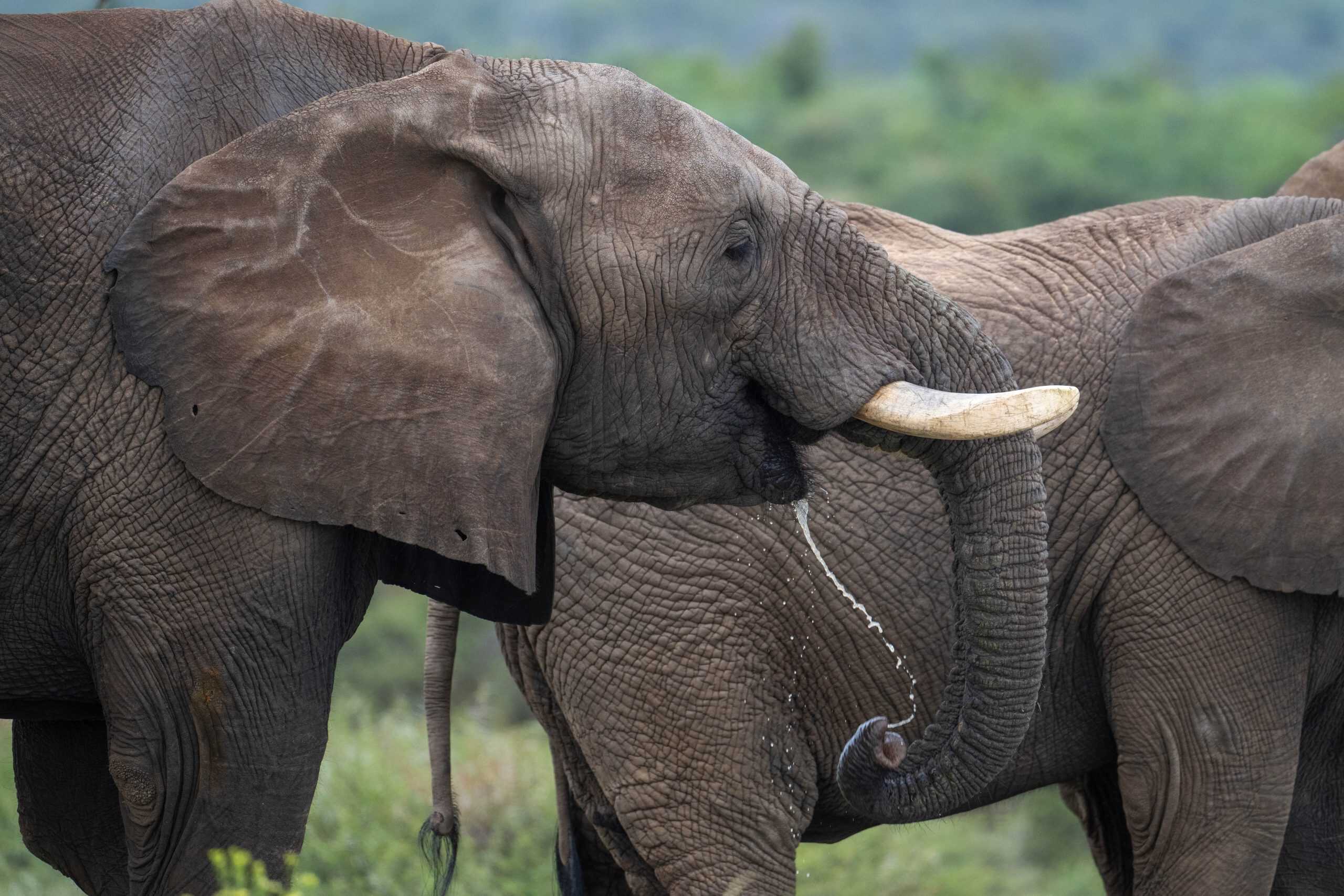

Lesley Hook
A beautiful blog reminding us that, as with humans, babies continue to grow after weaning and, perhaps even more, need the continued love, care, attention and proper diet, to sustain them until they can care for themselves. So many years, months, days and nights crammed into a few short paragraphs; only the HERD team have lived through every second. We send you all our love, our thanks, our gratitude for walking this very special path and will continue to accompany you and support you as we are able.